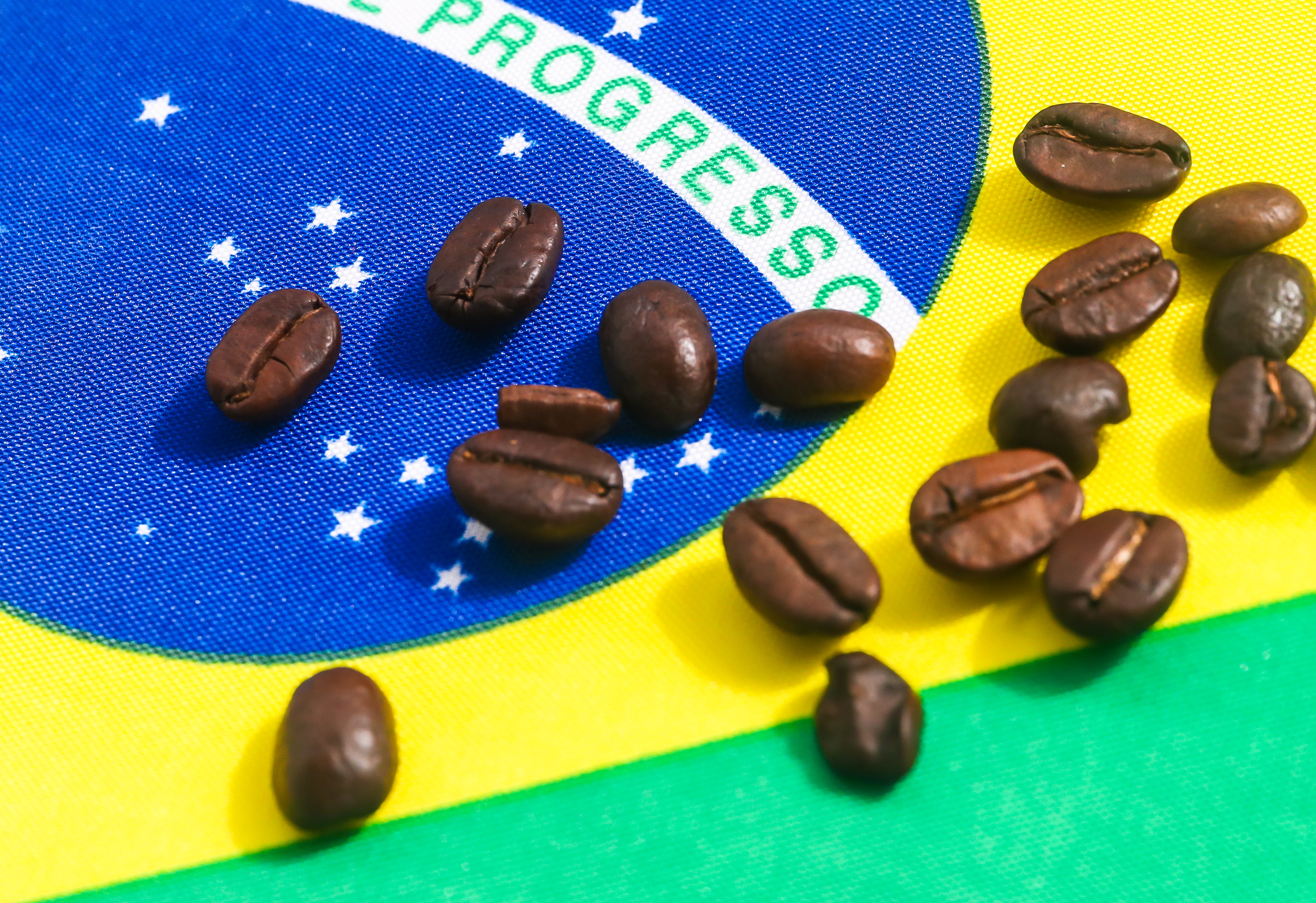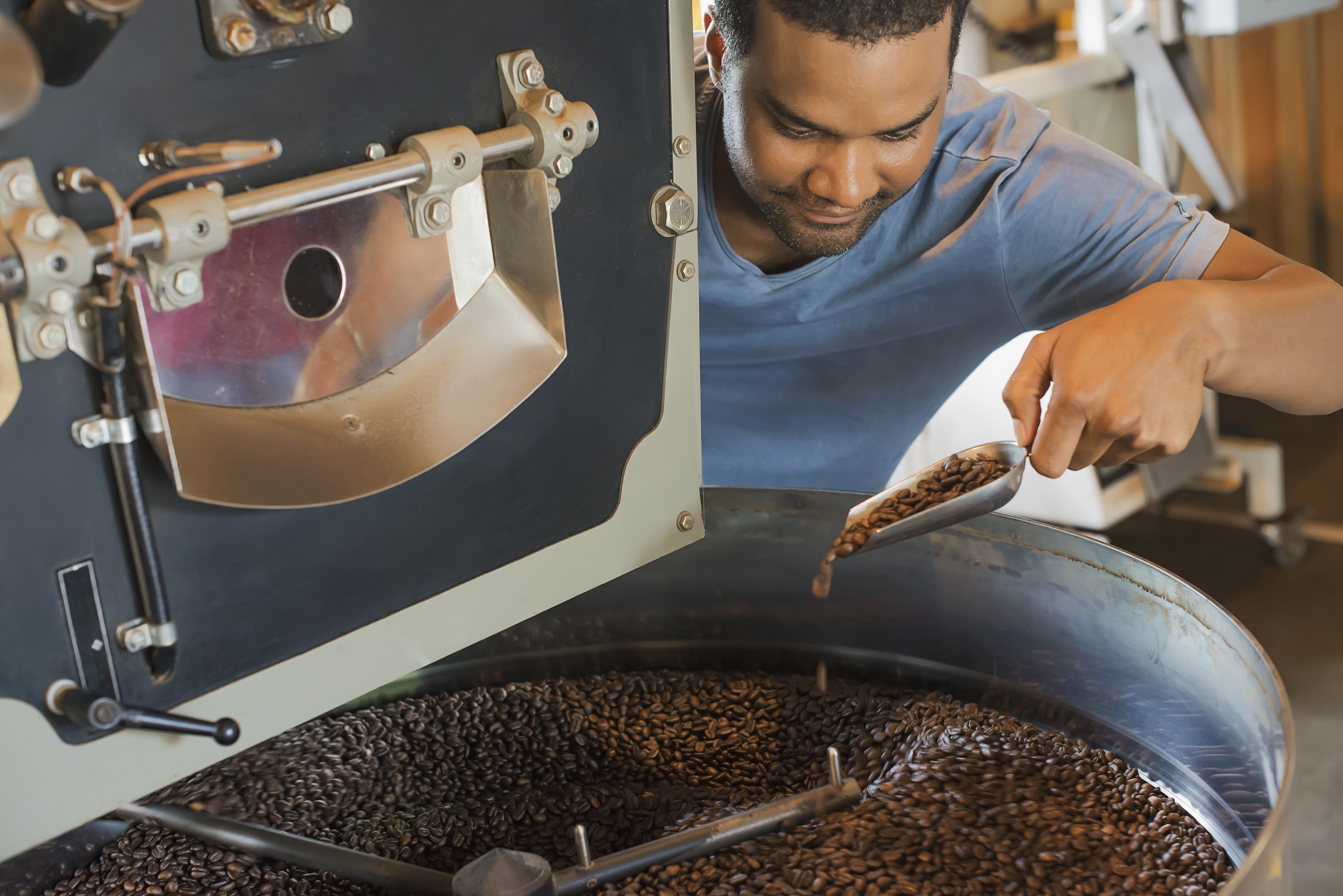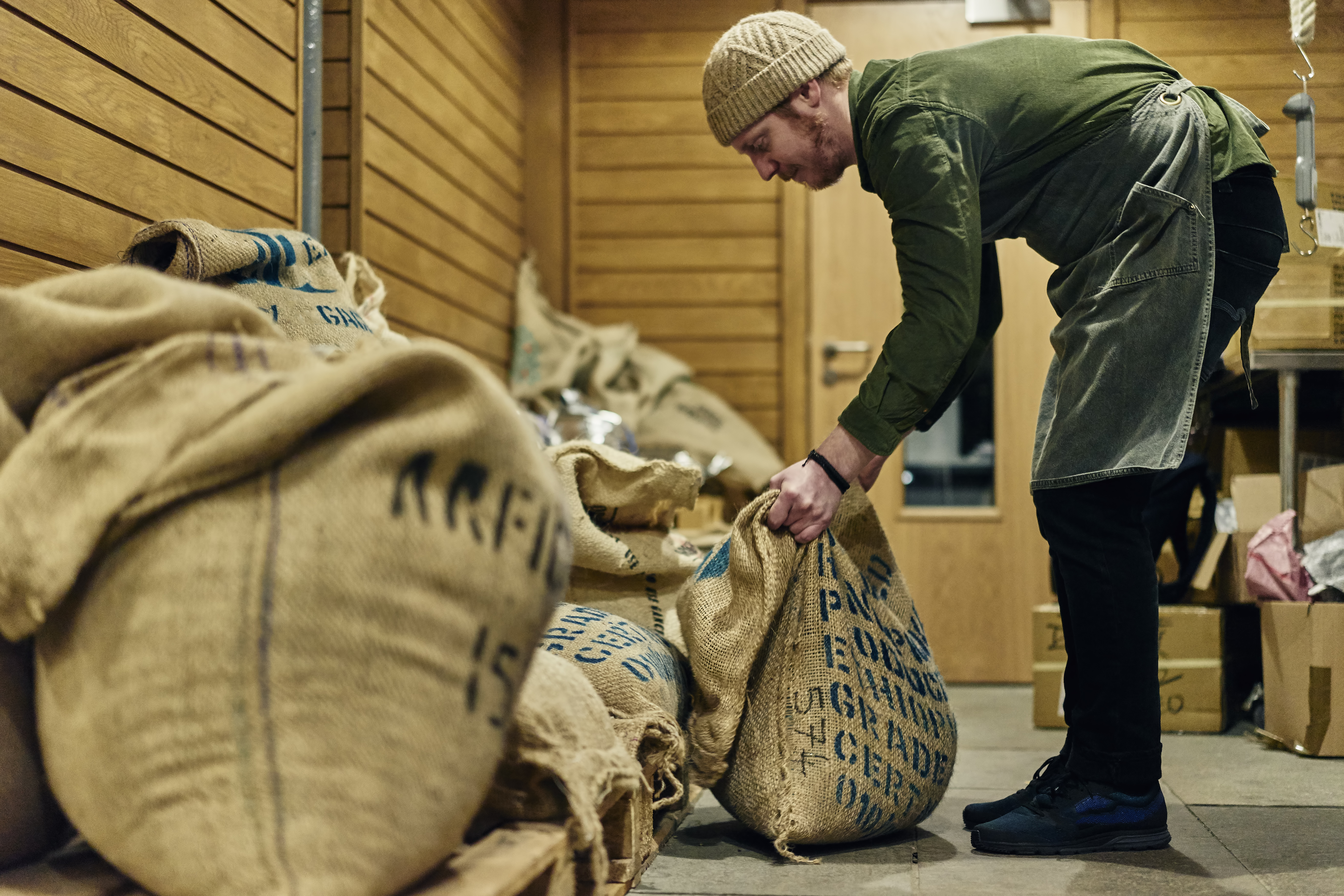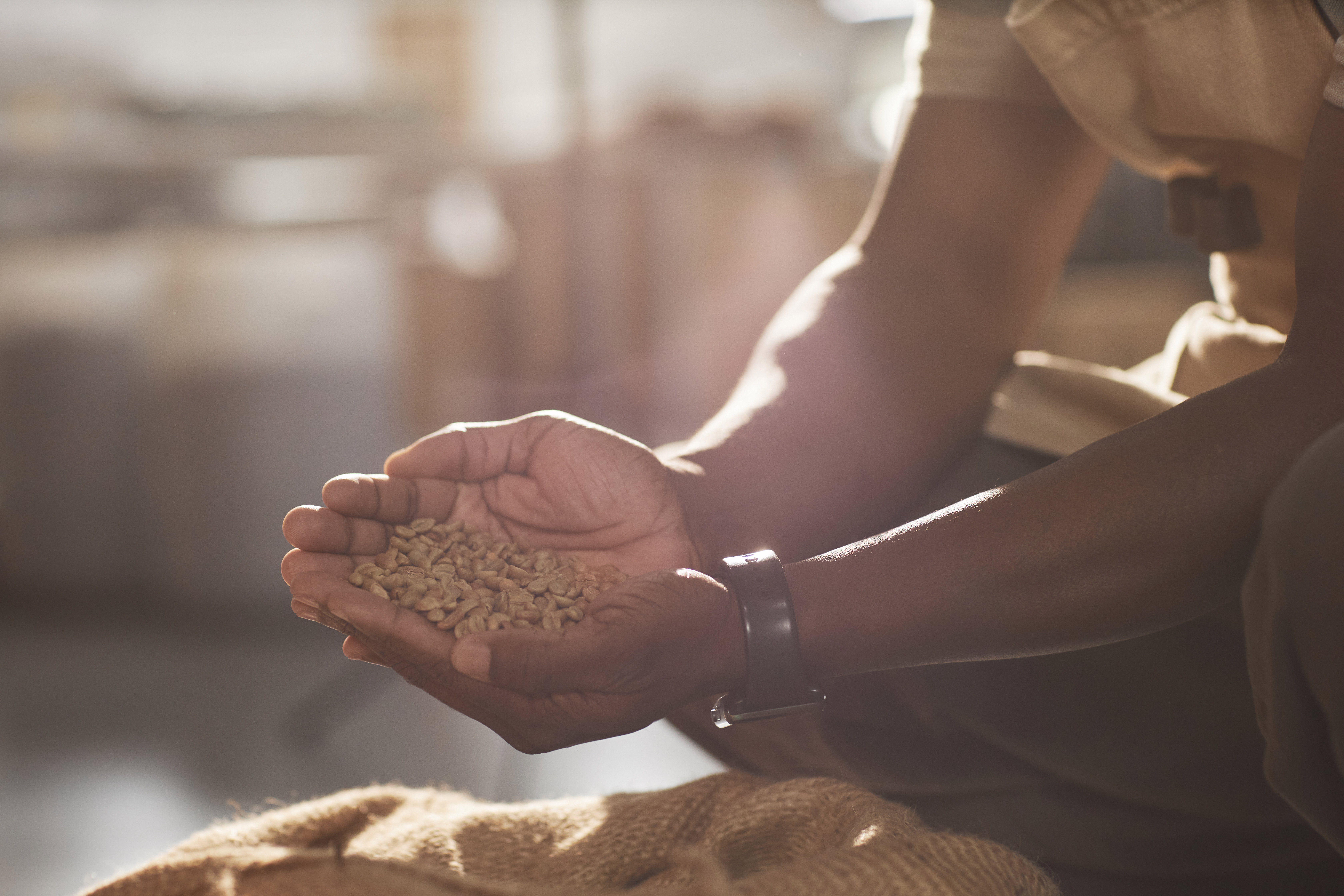The U.S. coffee industry is facing a seismic shift due to the recent imposition of a 50% tariff on Brazilian coffee imports. As the world's largest coffee producer, Brazil supplies 37% of global coffee production, making this tariff a game-changer for the industry. Here’s how these changes are affecting U.S. coffee roasters and what we can do to navigate this challenging landscape.
The Impact on U.S. Coffee Roasters
- Skyrocketing Costs: The 50% tariff has made Brazilian coffee significantly more expensive, forcing roasters to either absorb the additional costs or pass them on to consumers. Many small and medium-sized roasters, already operating on thin margins, are struggling to maintain profitability1.
- Supply Chain Disruptions: With Brazilian coffee becoming less viable, roasters are scrambling to find alternatives. Countries like Colombia, Vietnam, and Indonesia are seeing increased demand, but they also face tariffs ranging from 10% to 25%. Mexico, exempt under the USMCA agreement, is one of the few exceptions2.
- Blend Adjustments: Many roasters rely on Brazilian coffee as a key component in their blends due to its affordability and consistency. The tariffs are forcing them to rethink their recipes, which could alter the flavor profiles that customers have come to love.
- Market Volatility: Coffee prices have become highly volatile, with futures for arabica coffee rising over 10% in just one week. This unpredictability makes it difficult for roasters to plan and budget effectively1.
How Noire Coffee Trade Can Help
At Noire Coffee Trade, we understand the challenges that roasters are facing in this turbulent market. Here’s how we can support you:
- Transparent Pricing: We provide clear, all-inclusive pricing that accounts for tariffs and logistics, so you know exactly what to expect.
- Alternative Sourcing: Our team is actively exploring high-quality coffee from alternative origins like Colombia, Mexico, and Vietnam to help you maintain your blends without compromising on quality.
- Educational Resources: We offer insights and updates on market trends, helping you stay informed and make strategic decisions.
- Advocacy: We’re committed to advocating for fair trade policies. By working with industry groups and policymakers, we aim to push for tariff exemptions on coffee, which is a critical import for the U.S. economy.
What You Can Do as a Roaster
- Communicate with Customers: Be transparent about why prices are rising. Educating your customers about the impact of tariffs can foster understanding and loyalty.
- Diversify Your Blends: Work with suppliers to identify alternative coffee origins that can replace Brazilian beans in your blends.
- Plan Ahead: Lock in contracts early to secure your supply and stabilize costs as much as possible.
- Advocate for Change: Join industry efforts to lobby for tariff exemptions. Every voice counts in pushing for policies that support the coffee industry.
The Bigger Picture
The tariffs on Brazilian coffee are more than just a trade policy—they’re a tax on the entire coffee supply chain, from importers to roasters to consumers. For every $1 spent on imported coffee, an estimated $43 is generated in the U.S. economy. Protecting this industry is not just about coffee; it’s about jobs, small businesses, and the communities they support.
At Noire Coffee Trade, we’re here to help you navigate these challenges. Together, we can adapt, innovate, and ensure that the coffee industry continues to thrive.

.png)

.png)

